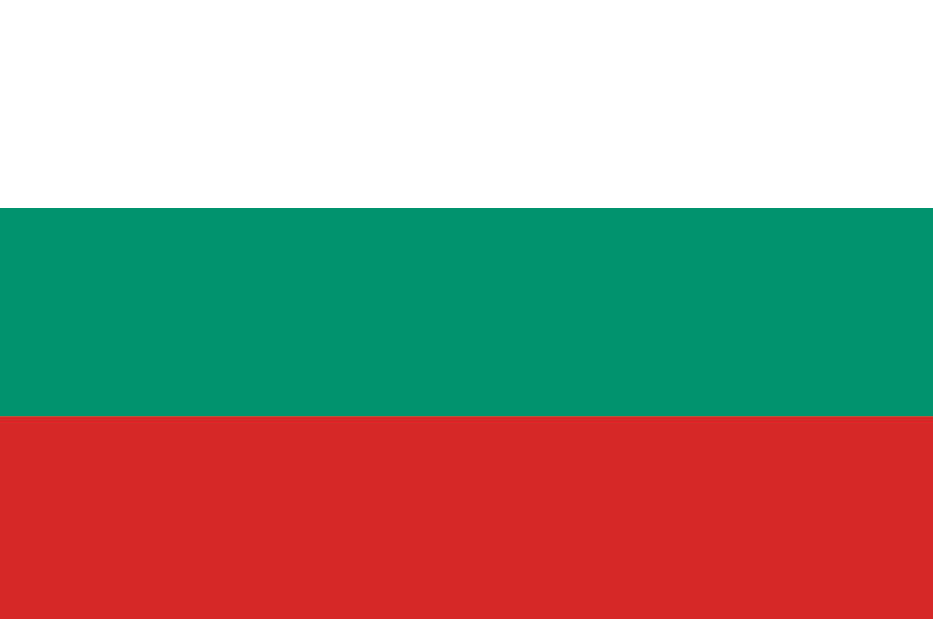
Sustainability Efforts
Country: Bulgaria
Explore sustainability efforts in Bulgaria. The United States Environmental Protection Agency (“EPA”) said it well when they state:
“Sustainability is based on a simple principle: Everything that we need for our survival and well-being depends, either directly or indirectly, on our natural environment. To pursue sustainability is to create and maintain the conditions under which humans and nature can exist in productive harmony to support present and future generations.”
About Bulgaria
Bulgaria, nestled in Southeast Europe, offers a blend of natural beauty and rich history. The country’s diverse landscapes range from the snow-capped peaks of the Balkan Mountains to the sandy Black Sea coast. Known for its hearty cuisine, vibrant folklore, and stunning Orthodox churches, Bulgaria bears a cultural legacy that thrives amidst modern development. Challenges persist, such as corruption and demographic decline. Sustainability efforts in Bulgaria will enhance the country’s future.
Sustainability Efforts
Toggle each button below to “open” and “close” the presented data.

Poverty: Despite being a member of the European Union, Bulgaria has the highest poverty rate in the EU, with nearly 23.4% of the population at risk of poverty or social exclusion in 2019. Efforts to combat poverty are ongoing, including initiatives to improve access to education and employment, particularly for marginalized communities such as the Roma.

Hunger: Hunger is less of an issue in Bulgaria than in many other countries, largely due to its membership in the EU and the relative wealth of the country. Nonetheless, the Bulgarian Food Bank and other organizations work to ensure food security for all Bulgarians, particularly the most vulnerable.

Healthcare: Bulgaria’s healthcare system has faced significant challenges, including underfunding and a lack of medical professionals. Efforts are being made to reform the system and improve access to quality care. Bulgaria has universal healthcare in theory, but in practice, access can be challenging for marginalized communities.

Education: Education in Bulgaria is mandatory and free for all children from the age of 5 to 16. The country has made strides in improving the quality of its education system, but challenges remain, particularly in terms of ensuring equal access for all children.

Gender Equality: While Bulgaria has made significant progress in terms of gender equality, with women making up a significant portion of the workforce, issues remain. The government and various NGOs continue to work towards greater gender equality, particularly in leadership roles.

Clean Water Sanitation: Bulgaria has nearly universal access to clean drinking water and sanitation facilities. However, in some rural areas, access can still be a problem. The government has implemented infrastructure projects to improve access to these services.

Affordable Clean Energy: Bulgaria relies heavily on coal for its energy needs, but it's making strides toward adopting cleaner, renewable sources of energy. The country is rich in hydroelectric and solar energy potential, and the government has set ambitious renewable energy targets.

Economic Growth: Bulgaria has experienced steady economic growth since joining the EU in 2007. The country's GDP has nearly doubled in the last decade, and unemployment rates have fallen. However, the country still faces challenges related to income inequality and economic disparity between urban and rural areas.

Industry Innovation: Bulgaria has a thriving IT sector, and the country is becoming a hub for startups in Eastern Europe. The government has implemented various programs to foster innovation and entrepreneurship, including tax incentives for startups.

Reduced Inequalities: Despite economic growth, Bulgaria struggles with high income inequality. The government has implemented policies aimed at reducing poverty and promoting social inclusion, but challenges remain, particularly for marginalized communities.

Sustainable Cities: Bulgaria is working toward developing sustainable cities, with a focus on improving public transportation and promoting energy efficiency. Cities like Sofia have introduced bike-sharing programs and are investing in electric buses.

Responsible Consumption and Production: Bulgaria has implemented various measures to promote responsible consumption and production, including waste management strategies and a commitment to the EU's circular economy action plan.

Climate Action: Bulgaria is part of the EU's commitment to the Paris Agreement and is working to reduce its greenhouse gas emissions. The country has set ambitious targets for increasing the share of renewable energy in its energy mix.

Aquatic Environment: With access to the Black Sea, Bulgaria has implemented measures to protect its marine environment. This includes regulations on fishing and efforts to protect marine biodiversity.

Natural Environment: Bulgaria is home to diverse ecosystems, and the government has established a network of protected areas to preserve the country's unique biodiversity. Efforts are ongoing to promote sustainable tourism and limit the impact of human activities on the natural environment.

Peace and Justice Institutions: Bulgaria is a stable democracy with robust institutions. The country is working to strengthen its judicial system and improve transparency and accountability, in line with EU standards.

Partnerships for the Goals: As a member of the EU and various international organizations, Bulgaria actively collaborates with partners to achieve the Sustainable Development Goals. This includes participation in international forums and initiatives on issues ranging from climate change to sustainable development.



